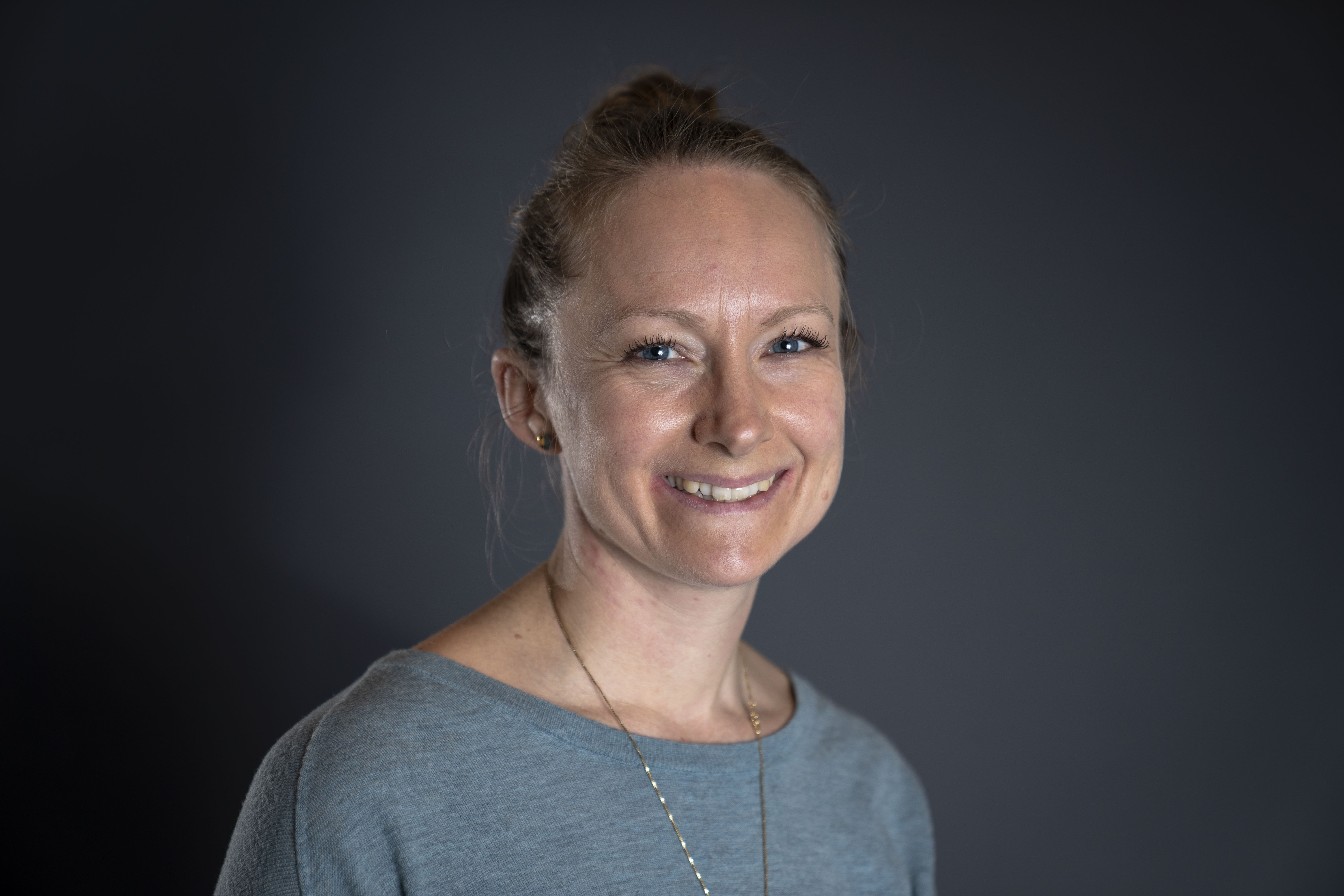Agnete Kirkeby
Research leader

Project title
Derivation of human stem cell-derived hypothalamic neurons for disease modelling and treatment of narcolepsy
What is your project about?
The hypothalamus is a central brain region controlling appetite, metabolism and sleep, and there is great interest in the development of drugs regulating hypothalamic function for treatment of obesity, type 2 diabetes and sleep disorders. Currently, there is no commercially available human cellular system for testing drugs or for studying hypothalamic neuronal function in appetite regulation. In this proposal we will develop protocols for producing human hypothalamic neurons in culture from stem cells. We will apply single cell RNA sequencing to dissect the hypothalamic lineage tree during development to enable the production of hypothalamic neurons at a higher efficiency and purity than previously possible. Finally, we will for the first time test the potential of stem cell-derived HCRT neurons to be used as a cell replacement therapy for narcolepsy; a debilitating, neurodegenerative sleep disorder characterised by the selective loss of HCRT neurons from the lateral hypothalamus.
How did you become interested in your particular field of research?
For patients it is deeply stigmatising to live with a brain disorder which will follow them the rest of their lives. They wish for a cure, which can make the disease disappear, so they can live normal lives without dependency on daily medication, which is often associated with severe side effects. Unfortunately we are still today after many years of research dependent on symptomatic treatments for most brain diseases. This is due to the fact that the brain cannot repair itself after damage. I am therefore particularly fascinated by the concept of repairing the brain through the use of stem cells cultured in the lab. We have already for several years worked on the development of a stem cell therapy for Parkinson's Disease, and in this project we will expand our stem cell technologies also to the treatment of the sleep disorder narcolepsy.
What are the scientific challenges and perspectives in your project?
The human brain contains >1000 specialised subtypes of neurons. The challenge in our project is that we need to control the stem cells to produce just one of these subtypes at high purity, i.e. the subtype of neurons which is lost in the brains of narcolepsy patients. This is difficult, because the stem cells have the capacity to develop into all cells of the body, so it compares somewhat to keeping track of 1000 kindergarten kids and getting them all to move in one direction.
What is your estimate of the impact, which your project may have to society in the long term?
The purpose of our research is to develop new stem cell based treatments to repair the brain in case of disease. The aim is for patients to be able to receive a single stem cell transplantation, which will be functional in the brain for the rest of the patient's life, thereby relieving the patients of daily medication. This will benefit both to the patients as well as their relatives, and it will have a significant societal impact, since neurodegenerative disorder are a heavy burden on the healthcare and welfare system.
Which impact do you expect the Sapere Aude programme will have on your career as a researcher?
Receiving the Sapere Aude grant is an honor and an important distinguishment in our field. Furthermore it is crucial in order for me to dedicate my time in the next 4 years fully to research.
Background and personal life
I am originally from Horsens in Jutland, but moved to Copenhagen in 2000 when I started my studies in Biochemistry and subsequently human biology. Since then I have lived in Paris, New York and Stockholm as part of my studies, and today I live in Copenhagen with my husband who is a Copywriter at an advertising agency. Together we have 3 children the age of 3, 7 and 9 years.
View all research leaders here
Research institution
University of Copenhagen, Faculty og Health and Medical Sciences, Department of Neuroscience
Research field
Stem cells
